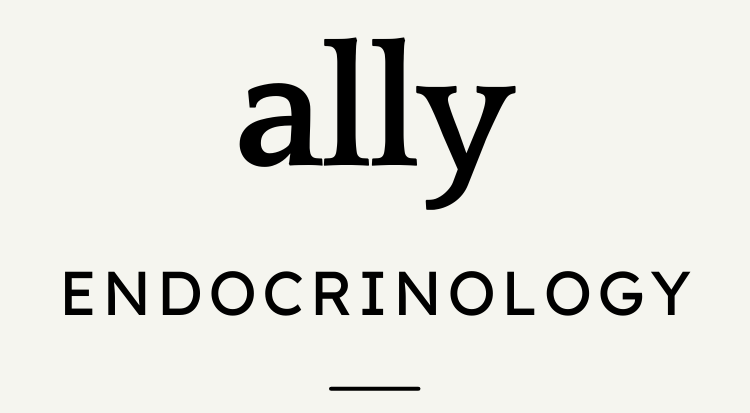Male Hypogonadism Q & A
What is male hypogonadism?
Male hypogonadism is a condition that occurs when your body doesn’t produce enough testosterone. You can have either primary or secondary hypogonadism. Primary hypogonadism stems from a problem with your testes, while secondary forms of the disease are often due to an abnormality in your pituitary gland or hypothalamus.
Some men are born with hypogonadism, while others develop it later in life — often following an injury or infection. Depending on the cause of your condition, the team at Ally Endocrinology can provide personalized treatments to relieve your symptoms and restore your health and vitality.
What are the common hypogonadism symptoms?
Hypogonadism causes different symptoms at different stages of life. For example, if hypogonadism is congenital, it can interfere with fetal development and lead to underdeveloped or ambiguous genitals.
The condition can also interfere with puberty. An adolescent with hypogonadism could fail to develop secondary sex characteristics such as pubic hair, genital growth, voice deepening, and muscle mass development.
Adults with hypogonadism have symptoms such as erectile dysfunction, infertility, decreased muscle mass, gynecomastia, and osteoporosis.
What causes hypogonadism?
Primary and secondary hypogonadism have different causes. Some of the issues that lead to primary hypogonadism include:
- Klinefelter syndrome
- Undescended testicles
- Mumps orchitis
- Injury
- Cancer treatments
Secondary hypogonadism, on the other hand, can be caused by:
- Kallman syndrome
- Pituitary disorders
- Inflammatory disease
- HIV/AIDS
- Normal aging
- Concurrent illnesses
The physicians at Ally Endocrinology provide comprehensive exams and tests, including hormone evaluations, semen analysis, and pituitary imaging, to diagnose the cause of your condition, which helps them create your customized treatment program.
How is hypogonadism treated?
Treatment for hypogonadism depends on your age, fertility concerns, and the underlying cause of your condition.
Ally Endocrinology team often prescribes testosterone replacement therapy (TRT) to restore testosterone levels. The treatment is available in several forms, including:
- Injections
- Pills
- Subdermal pellets
- Topical gels
- Patches
- Nasal sprays
- Gum and cheek putty
If you and your partner want to conceive, the team can also provide assisted reproduction services. Treatments such as intrauterine insemination and in vitro fertilization can help you grow your family.
The doctors can also provide treatments and advice to reduce your risk of osteoporosis. They can also help restore your libido and erectile function.
Call your nearest office location of Ally Endocrinology today or make an appointment online for expert diagnosis and treatment for male hypogonadism.

